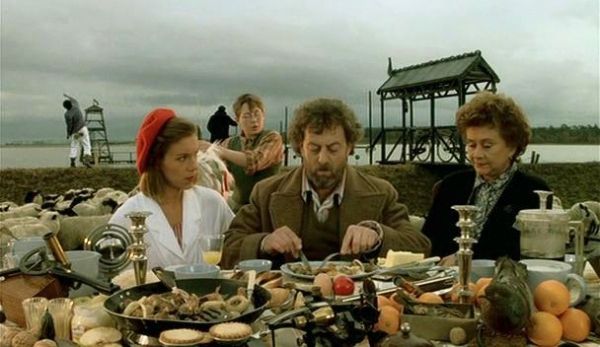Your Actual Needs Are Small

The Daily Stoic for September 29th, “Your Actual Needs Are Small”.
“Nothing can satisfy greed, but even a small measure satisfies nature. So it is that the poverty of an exile brings no misfortune, for no place of exile is so barren as not to produce ample support for a person.”
SENECA, ON CONSOLATION TO HELVIA, 10.11b
I am currently reading “Rich dad, poor dad“. It’s an amazing book. It’s the book I wish I had read when I was 14, during high school. Probably, my life would have been very different.
The fact is, I find a lot of points of convergence between this book and stoicism.
Your Actual Needs Are Small
One of these points is how, when you are an employee, you have basically two motivations for staying at your job: fear and greed.
Fear is what wakes you up every morning and pushes you to go to your office. It’s the fear of not paying your bills or losing your job.
Greed is what keeps you in this rat race cycle. The more you earn, the more you spend. Being given a raise makes you switch from an Android to an iPhone, from your old, small house to a bigger one, or makes you finally decide to found a family.
The result? You need more money to compensate this higher expenditure. So you work harder… and so the cycle continues…
Since I became a digital nomad, I have progressively decluttered my life and reduced the things I need. I have come to realize that indeed, your actual needs are small. Not only having less stuff makes you freer, but it allows you to stop this cycle.
I have the feeling I could write pages and pages about this topic. How changing your mindset can really help you launch your business or reach financial freedom. And I think I will… But for now, I just want to agree to today’s stoic, and keep on immersing myself in the pages of “Rich dad, poor dad“.
Conclusion
Today’s Daily Stoic, “Your Actual Needs Are Small”, nailed it, in my opinion. I strongly believe that we need a change in our educational system. We need to teach children that there are more options in their lives than studying to get good degrees, graduate and get a job at a big corporation for 45 years. We need to teach them a better way of understanding money, better than this cycle of “earning more to be able to spend more”.




Comments ()